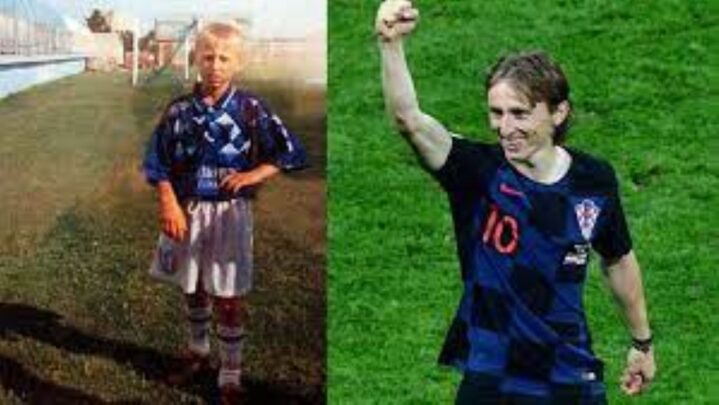Luka Modric’s life was turned upside down when his grandfather was killed by Serb insurgents near his home when he was six years old. After their house was burned down, Modric and his family would soon relocate to a refugee hostel in the coastal town of Zadar, where the conflict was still raging. In the ensuing years, the child would grow up in a warzone, hearing grenades explode as the Croatian War of Independence raged on. But that didn’t stop him from going after his dream. Thousands of bombs were dropped on the city during those years, but football provided an escape from the reality of war.
Football, too, has its challenges. Coaches told him he was “too weak and shy” to play football, but as we all know, his career blossomed into something rather extraordinary. After a breakthrough year in Croatia in 2005, Modric used his money to buy his family a flat in Zadar and quickly rose to become one of the club’s finest players. Three years later, Modric joined Premier League club Tottenham Hotspur, and the rest is history. He had a highly successful period at Real Madrid, establishing himself as one of the best midfielders in the world, and interrupted Cristiano Ronaldo and Lionel Messi’s 10-year stranglehold in the Ballon d’Or rankings by winning the 2018 award in Paris.
Consistent as ever, he was also instrumental in Real Madrid’s remarkable three Champions League victories in a row under Zinedine Zidane. He subsequently led Croatia to the World Cup final for the first time in their history, where he deservedly won the Golden Ball award for his amazing displays in the middle of the field. Modric, who was five years old at the time, used to herd sheep. He is now without a doubt the greatest Croatian to ever play the beautiful game.





